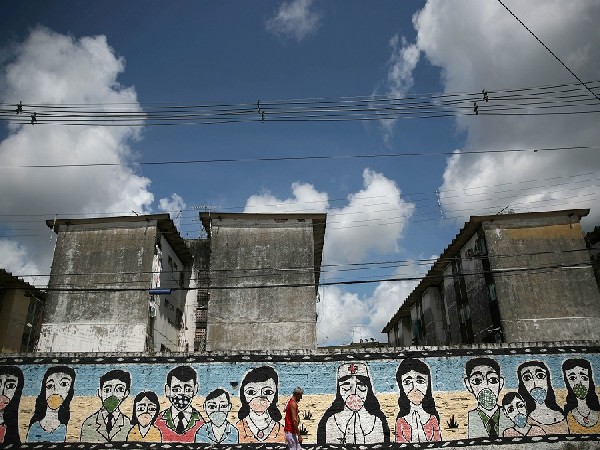World Bank to promote sustainable family farming in rural areas of Piaui in Brazil
Piaui is one of the most vulnerable states in Brazil, with a Human Development Index (HDI) of 0.646, ranking it 24th among the country's 27 states and a GDP per capita, almost half of the Brazilian average.

The World Bank Board of Directors approved today a project to promote sustainable family farming in rural areas of Piaui, a state in Northeastern Brazil, with a focus on helping producers boost their incomes and increase their climate resilience. Approximately 24,000 family farmers are expected to directly benefit from this initiative, especially Indigenous Peoples, Quilombolas (descendants of formerly enslaved individuals), and other traditional communities.
The US$63.28 million project enhances sustainable rural development by addressing the main challenges faced by family farmers in Piaui: land tenure insecurity, natural resource degradation (primarily forests and water sources), vulnerability to climate change, and limited knowledge, capacity, and access to finance to tackle these challenges. These obstacles bear heavier on the smaller and more vulnerable producers, often trapping them in systems that generate little income while having adverse impacts on natural resources.
In collaboration with various State institutions (Piaui Land Institute - Interpi, Secretary of Environment, Secretary of Agriculture, and Secretary of Planning) the project will help boost land tenure security through land titling of agrarian reform settlements managed by Interpi. It will also improve the management of natural resources through activities aimed at protecting and restoring water sources, preventing, controlling, managing forest fires, and supporting the environmental regularization of family farming properties. Additionally, the project will assist beneficiaries in adopting climate-smart agriculture by increasing access to training, finance, and markets. Inclusion is at the heart of the efforts, with special attention to Indigenous Peoples, Quilombolas, and other traditional communities.
Piaui is one of the most vulnerable states in Brazil, with a Human Development Index (HDI) of 0.646, ranking it 24th among the country's 27 states and a GDP per capita, almost half of the Brazilian average. While the services sector accounts for 74.8 percent of its economy in rural areas, agriculture is the main source of economic activities.
"We are investing heavily in the sustainable development of family farming, offering assistance, technology, and support for marketing to small farmers, in order to increase their production, productivity, and income. The support of the World Bank is very important for us to further advance in this policy of supporting our family farmers," stated Rafael Fonteles, the governor of Piaui.
"This project is a significant step towards promoting sustainable development and resilience in the rural areas of Piaui. By helping family farmers and traditional communities to secure land use rights and employ sustainable agricultural practices, this initiative can help both to boost incomes and to enhance climate adaptation, ultimately leading to a more sustainable future for all involved," said Johannes Zutt, the World Bank Country Director for Brazil.
The project will be carried out over a period of five years, with a total funding package that includes a $50 million loan from the IBRD, $12.5 million in counterpart funding from the State of Piaui Government, and $0.82 million from beneficiaries.
- READ MORE ON:
- Piaui
- World Bank
- Brazil










